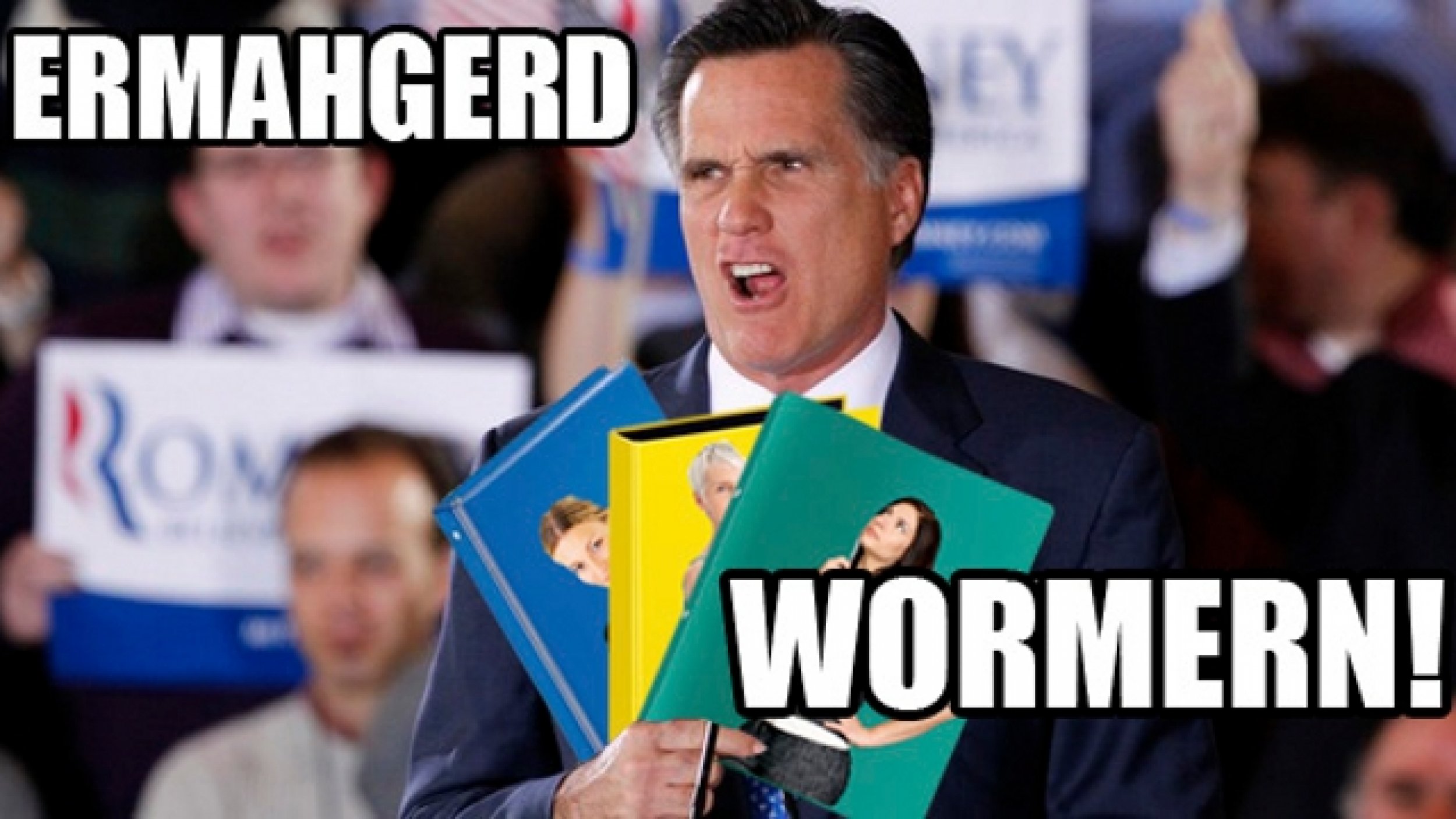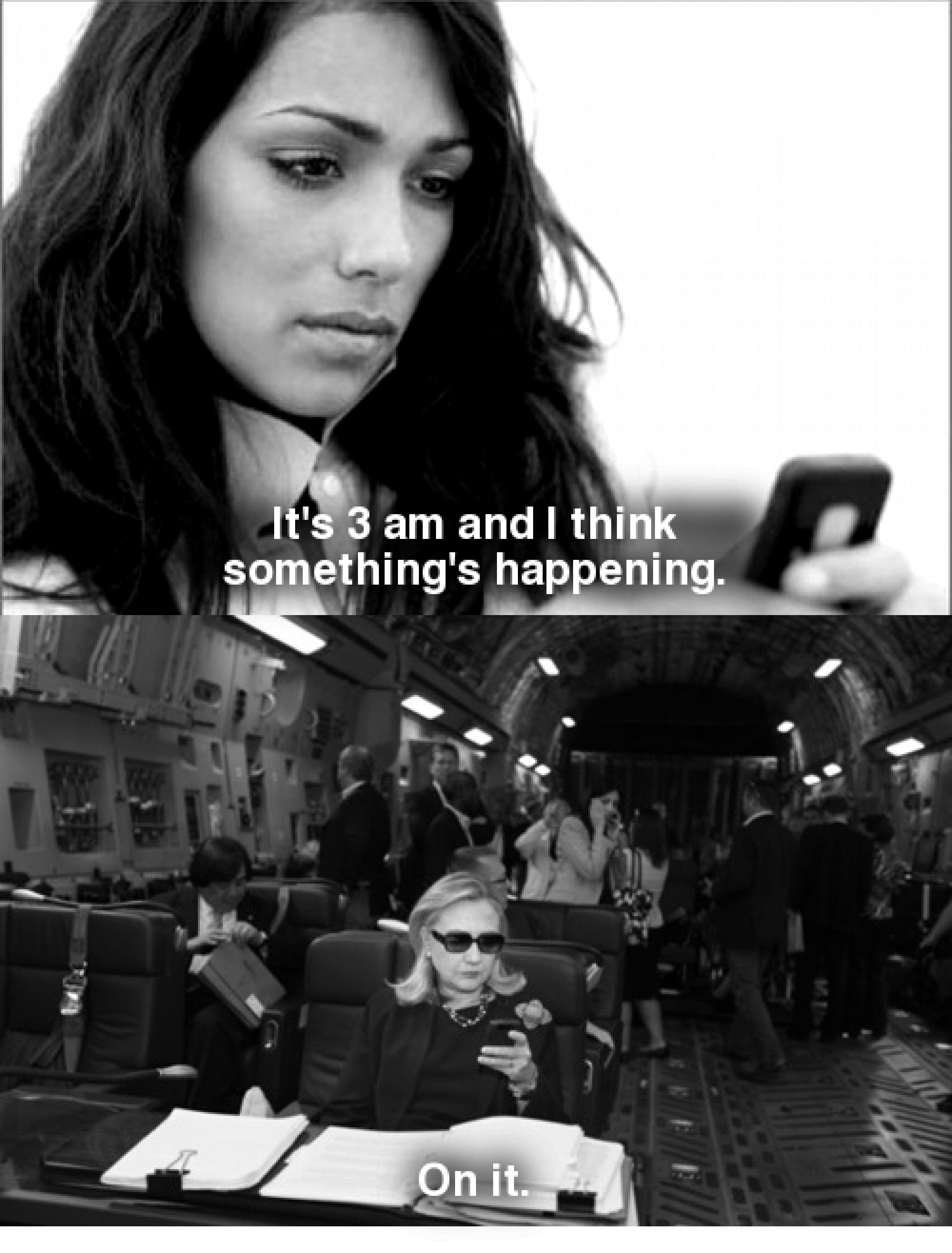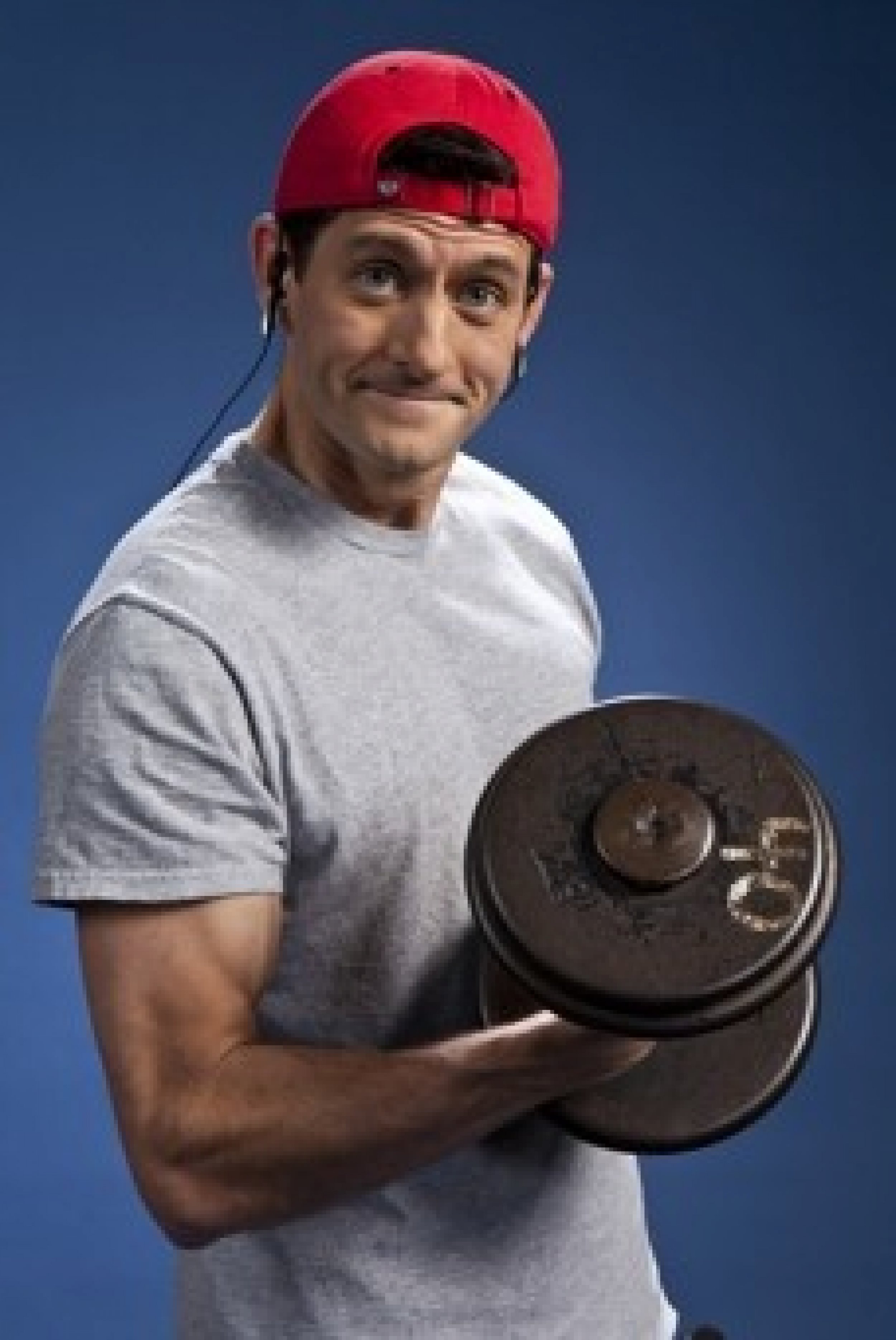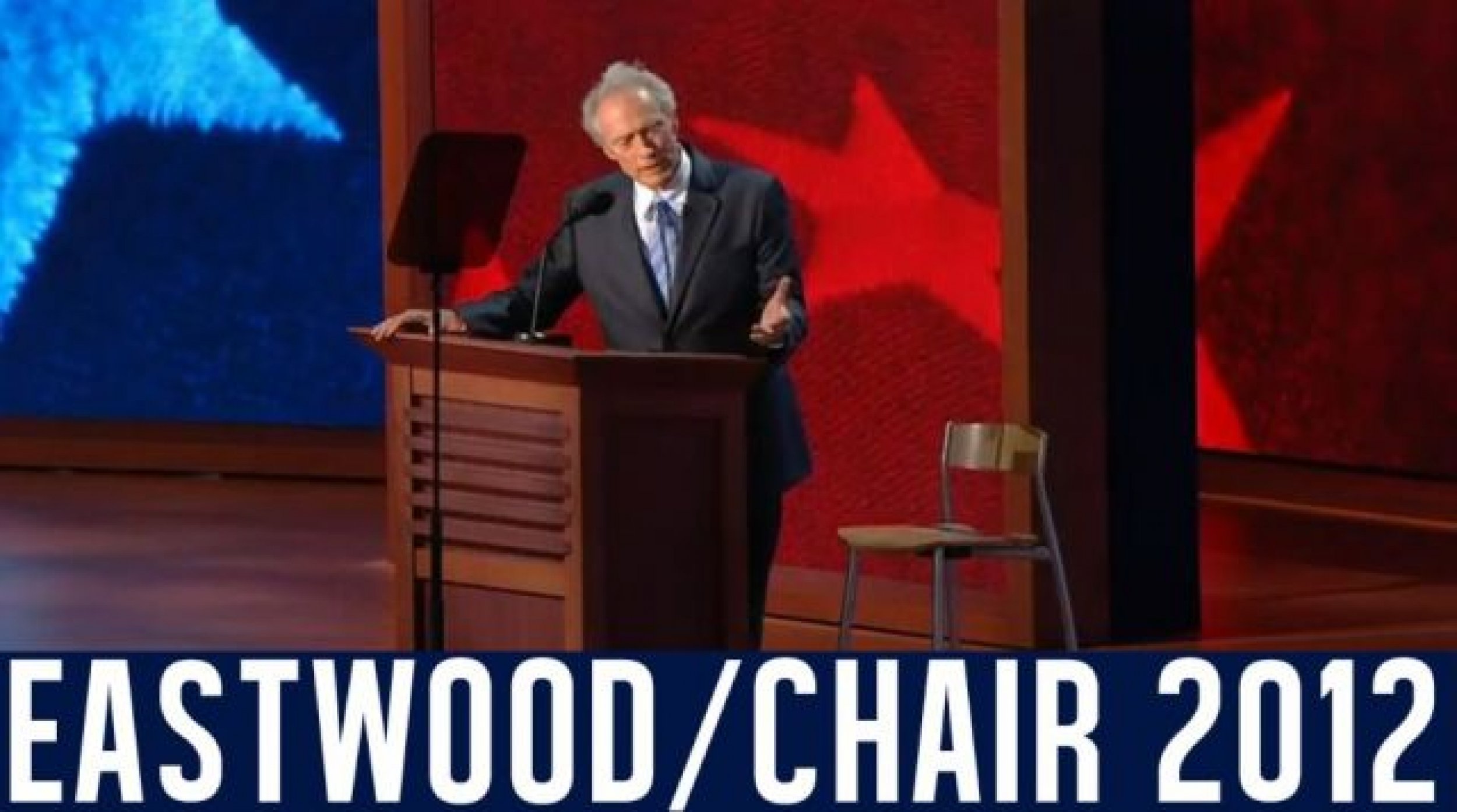Year in Review 2012: The Best Memes
The word “meme” was first coined by the writer and evolutionary biologist Richard Dawkins, who said in his 1976 book “The Selfish Gene” that “We need a name for the new replicator, a noun that conveys the idea of a unit of cultural transmission, or a unit of imitation.”
He ultimately settled on the word “meme” because of its similarity to the word “gene,” though he added as a “consolation” that the new word “could alternatively be thought of as being related to 'memory,’ or to the French word 'même.'"
Ten years later in his follow-up to “The Selfish Gene,” 1986’s “The Blind Watchmaker” took this theory of cultural evolution and knowledge transmission one step further, writing, “If you want to understand life, don’t think about vibrant, throbbing gels and oozes, think about information technology.”
It may have taken a while, but his words now seem more prescient than ever. 2012 was the year of the meme -- the first year that silly images with explosive, nonsensical captions crept out from the corners of the Internet and pervaded our general cultural consciousness. As BuzzFeed, a young media company itself that built much of its business off its success at generating memes, put it in a recent post, “2012 will forever be known as the year the meme went mega-mainstream.”
Although media companies like BuzzFeed, Cheezburger and even Condé Nast began get in on the action, they didn't change meme culture any more than broadcast networks did when they suddenly devoted more and more of their precious airtime to repeat segments on the “Gangam Style” phenomenon.
The meme may have gone “mega-mainstream,” but the Internet remained as weird a place as it ever was. As Paul Miller said in a recent episode of the Vergecast, memes gave different online communities a sort of inside joke to better test their members’ knowledge and mastery of new social norms. Mitt Romney and Paul Ryan may have shown an incredible ability to make themselves ripe for parody by the meme generation machine, after all, but it was Barack Obama who found a way to insinuate his own persona into the ecosystems of Reddit, Twitter, and (who could forget) McKayla is Not Impressed. The seminal memes of 2012 were the ones that began to form their own “Internet of things,” with surprising and often hilarious results.
5: Texts from Hillary
Co-creator (and now BuzzFeed staff member) Stacey Lambe told Talking Points Memo, “That photo just captures how people tried to make her out to be a bitch when she’s actually the head bitch in charge. Ever since she was appointed secretary of State there’s been a renewed appreciation for Hillary.”
4: Eastwooding/Invisible Obama
If Hillary Clinton projected an image of effortless cool and supreme competence with “Texts from Hillary,” Clint Eastwood did the opposite with his diatribe against a chair at the Republican National Convention that immediately became immortalized through online parody. Representing a party stuck in a constant struggle to get past its image of stuffy, rich, old white men with no sense of reality, Clint Eastwood valiantly fell on his sword to become the spitting image of the stuffiest, oldest, richest white man with so little attachment to reality that he was lecturing an emotionless piece of furniture. Obama’s response? Sorry Clint, “this seat’s taken.”
3: Paul Ryan's Workout Plan
Once Paul Ryan was announced as Mitt Romney’s running mate, political analysts began to speculate whether or not Ryan could project a young, vibrant image of a leader for a political party that has been sorely lacking in charismatic leaders ever since Barack Obama first took office. The frequent blog chatter about Ryan’s impressive workout routine and some possible leaked photos of him in a bathing suit seemed to validate him as the fresh face of the GOP, convincing everyone except the editors of GQ, who continued to mock him mercilessly for his horrible fashion sense. Then Time tried to do one better for its October 2012 issue by photographing Ryan in his full workout regalia, and everyone realized that Ryan just looked like a particularly awkward extra from “Saved by the Bell.”
2: Binders Full of Women
Just moments after Mitt Romney launched an awkward defense of his own sensitivity to feminist issues by claiming that he brought “binders full of women” to his cabinet in Massachusetts, the former Governor’s comment had already taken on a life of its own. The Obama campaign, eager to avoid another debate debacle, showed its clever ability to harness the momentum of the meme-generation machine by purchasing ads on Twitter and eventually BuzzFeed linked to the keywords.
1: McKayla Maroney Is Not Impressed
When U.S. Olympic gymnast McKayla Maroney pinched her face into a scowl after falling short of a gold medal, she epitomized the universal derision and corresponding self-doubt that pervades nearly every corner of the Internet. The expression of disappointment instantly became the easiest way to debase any positive statement or achievement, no matter how impressive. And more than any other meme in 2012, McKalya Maroney Is Not Impressed took a giant leap into the real world when Maroney relived her famous moment with President Obama.




© Copyright IBTimes 2024. All rights reserved.






















